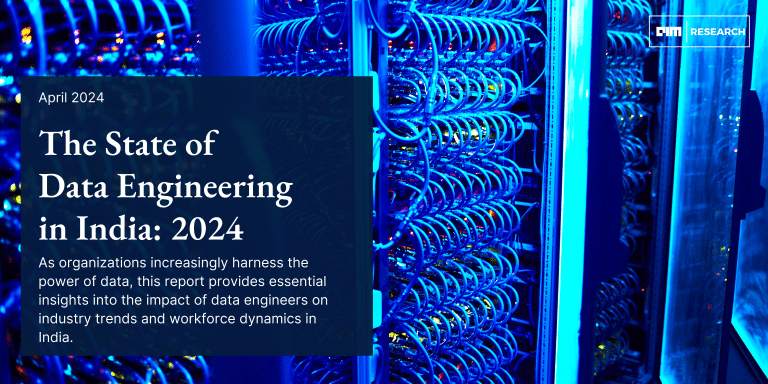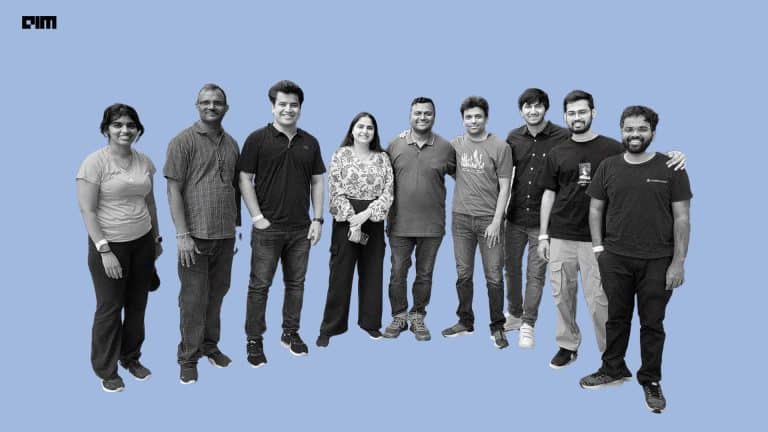With large amounts of data generated daily, the need to extract relevant and actionable insights from these have become imperative across organizations. This demands efficient processing and analysis, which explains why data scientists are one of the most sought-after professionals today.
However, since data science borrows aspects from a wide range of disciplines including science, math, business and communication, it requires a diverse set of skills. This is because at a fundamental level, data scientists use data to inform real-world business decisions, and that requires excellent communication as well as an understanding of the implications of their suggestions (in addition to technical expertise).
According to a McKinsey report, deeper data insights are beginning to take the shape of ideas that held a lot of promise, but could not be translated into winning models. Bearing in mind the number of attractive opportunities this throws open, here are the skills that budding data professionals like you need to learn to stay competitive in the market:-
Non-Technical Skills
Business Acumen
While proficiency in programming software will help you develop the depth of knowledge required, it is not enough. Keen awareness of the industry you are working in and the business problems your company is trying to solve is just as important. Without developing an understanding of these, it would be difficult to find meaningful insights or make useful recommendations.
The first step to acquire this industry business intelligence would be to scan metrics like KPIs, profit and conversions, and interpersonal rivalries to understand where the business is and how it got there. This will enable you to translate business requirements into data-driven problems that can be solved. It will also help you understand how these solutions will impact the business.
Effective Communication
In order to be an effective data scientist, you should be able to clearly communicate your technical findings to a non-technical team. You should be adept at breaking down complex, raw data into something that people can understand. And most importantly, do this in a manner that is persuasive.
A critical component here is data visualization, since admittedly, humans process information better when it is presented visually. You should also leverage data storytelling to communicate your findings more effectively. It will be useful to learn how to create a storyline around the data to communicate in a manner that is more compelling. Also, most business owners are mostly interested in knowing how the findings can impact their businesses and not necessarily on what you analyzed, so be mindful of that.
Collaboration
A data scientist cannot work in silos. They will have to collaborate with company executives, stakeholders as well as customers to streamline workflows and overcome key organizational challenges. This includes working in a team to develop strategies, design better products and launch effective campaigns.
This cannot be achieved by working in isolation. Moreover, operating in a collaborative fashion will enable you to understand larger business goals better and get access to data that will be required to solve problems.
Technical Skills
Programming Software
Proficiency in some programming languages can make your work more flexible. These can be used for all types of data and can be leveraged to extract, analyze and visualize information better.
Although new tools are constantly being developed, the following three serve as a standard and are predominantly used across the data science ecosystem:
- SQL – Or Structured Query Language helps in managing data arranged in relational database management systems. Specifically designed to carry out analytical functions, it is time-efficient and reduces the amount of programming required to perform difficult queries.
- Hadoop – This open-source software framework allows for distributed processing of large sets of data across computers. Although not always a requirement, its knowledge can be beneficial, especially when the data you are handling exceeds your system’s memory, or in some cases when you need to send data to different servers.
- Python – One of the most common coding languages across the board, it can be used for almost all the steps involved in data science processes. It is fast, easy to learn, allows you to create datasets and can take various formats of data.
Data visualization
The vast amounts of data that is created is undecipherable gibberish unless it is translated into a format that is comprehensible and easy to understand. And since people are inherently visual, they will understand pictures in the forms of charts and graphs better than complex, raw data.
What is more, data visualization will enable you to discover patterns that could feed into your exploration of the data. You can also use it as one of the tropes for data storytelling, discussed above. Most programming languages provide libraries for visualizing data. Some tools that could be useful include ggplot2, tableau and D3.js.
Math and Statistics
Though much of the statistical heavy lifting is done by computers today, data scientists would benefit from acquiring some statistical prowess, especially when it comes to knowing which tests to run and how to interpret the results. Moreover, an understanding of statistical theorems can help you grasp the limitations and assumptions that come with many data analysis techniques, including calculus and linear algebra.
In addition to this, applying the fundamentals of mathematical concepts like logarithmic and exponential relationships can further allow you to find meaning in data.



















































































